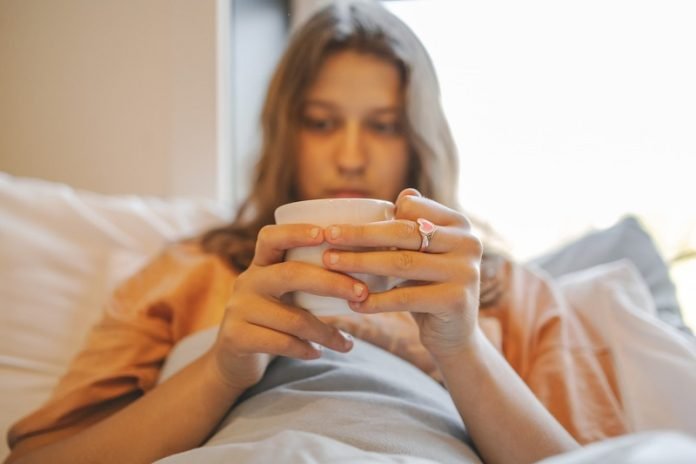
In a study from the University of São Paulo, scientists found the more muscle mass is lost during hospitalization for COVID-19, the greater the likelihood of developing persistent symptoms of the disease.
The symptoms include weakness and so-called long COVID, which can include shortness of breath (dyspnea), persistent coughs and headaches, insomnia, and anxiety.
This is the main finding of a study conducted at ‘s Medical School (FM-USP) in Brazil and reported in an article published in.
The results also point to a probable correlation between loss of muscle mass and the cost of healthcare in the months following discharge from the hospital.
In the study, the team examined 80 moderate and severe COVID-19 patients admitted in 2020, before any vaccines were available.
The volunteers were followed during and after treatment in the hospital.
The researchers measured muscle strength and mass on four occasions: hospital admission, discharge, and two and six months after discharge.
The team found six months after discharge, 76% of patients with high loss of muscle mass suffered from fatigue and 66% from myalgia (muscle pain), compared with 46% and 36% respectively for those with low muscle loss.
Importantly, the high muscle loss group did not fully recover the muscle mass they lost in the hospital, whereas the low muscle loss group did.
The researchers also estimated the cost of healthcare for these patients during the six months after they were discharged from the hospital.
Healthcare costs for participants who suffered high muscle loss in the acute stage of the disease averaged USD 77,000 per patient two months after hospital discharge, compared with USD 3,000 for the low muscle loss group.
Expenses incurred with rehabilitation and treatment of other complications six months after discharge averaged USD 90,000 for the high muscle loss group, compared with USD 12,000 for the low muscle loss group.
The results show that loss of muscle mass appears to be a predictor of negative prognosis for hospitalized patients, which suggests that testing should be performed to help decide whether should they be subject to therapeutic intervention while still in the hospital.
If you care about muscle health, please read studies about the causes of weak muscles in older people, and Krill oil could improve muscle health in older people.
For more information about COVID, please see recent studies about new evidence on rare blood clots after COVID-19 vaccination, and results showing zinc could help reduce COVID-19 infection risk.
The study was conducted by Hamilton Roschel et al and published in the Journal of the American Medical Directors Association.
Copyright © 2023 Knowridge Science Report. All rights reserved.



